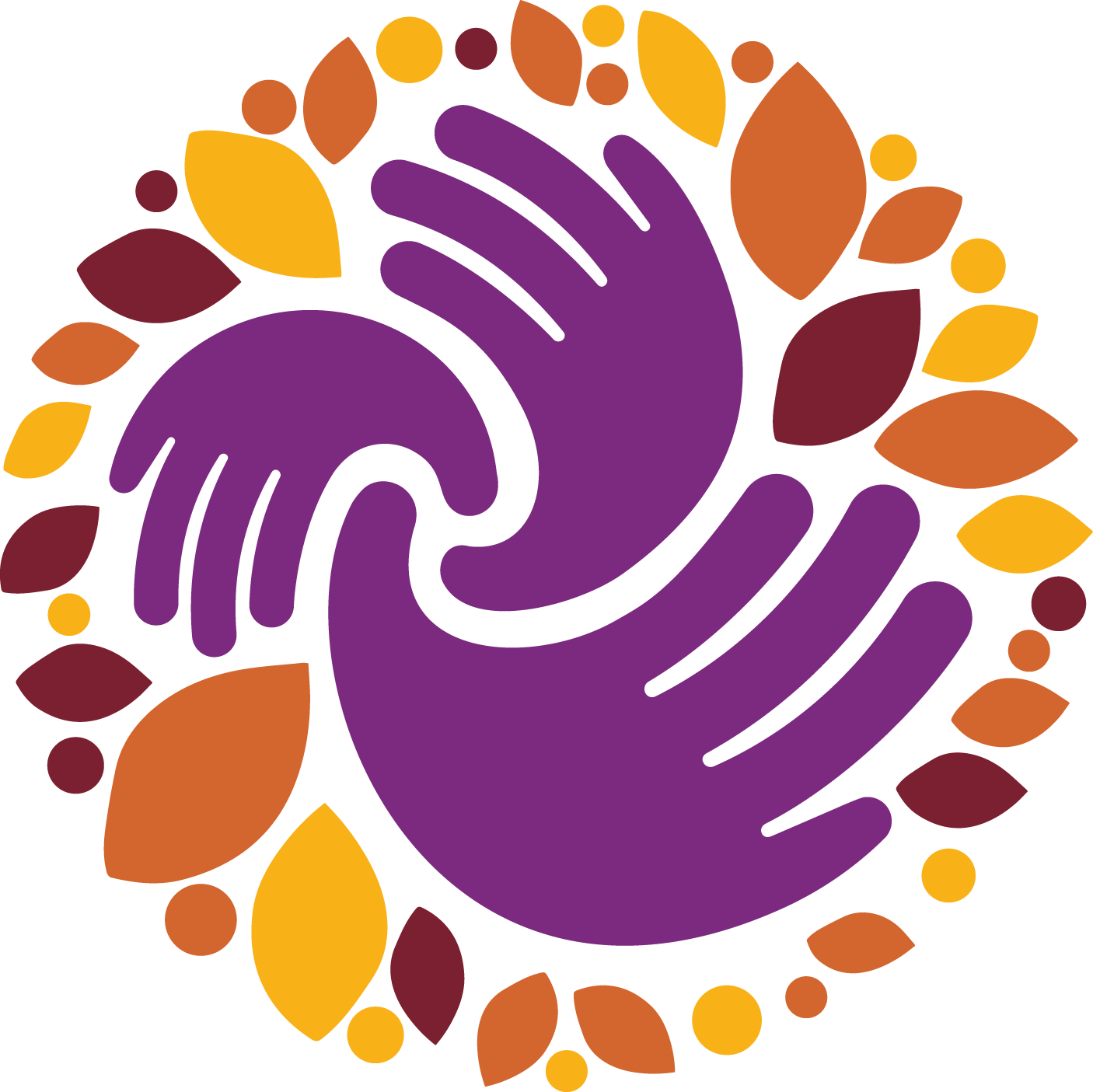Resources for Parents
Local Supports
-
Schools Plus Nova Scotia
SchoolsPlus is a collaborative interagency approach supporting the whole child and their family with the school as the center of service delivery.
SchoolsPlus has locations at all Regional Centres for Education and CSAP.
-
YWCA Halifax NSTAY Family Outreach
Our Family and Community Outreach Worker (FCOW) works with parents and families who child is, or is at risk of, being groomed, sexually exploited, or trafficked.
We will work with you to address your needs as a guardian or family member to support or understand what is going on with your child or children.
-
Understanding the Sexual Exploitation of Youth: An Introduction
Module 8 of Ending Sexual Violence: A Nova Scotia Resource.
This online training is designed to help you learn more about sexual violence and how to support someone who has survived it.
Canadian Resources
-
Canadian Centre to End Human Trafficking
The Canadian Centre to End Human Trafficking has been established as the national “backbone” organization working on this issue. The Centre collaborates and works with the various stakeholders dedicated to this issue, including all levels of government, private sector businesses and front line service providers in order to advance best practices and eliminate duplicate efforts across Canada.
-
Canadian Centre for Child Protection
The Canadian Centre for Child Protection is a national charity dedicated to the personal safety of all children. Their goal is to reduce the sexual abuse and exploitation of children, assist in the location of missing children, and prevent child victimization through a number of programs, services, and resources for Canadian families, educators, child-serving organizations, law enforcement, and other parties.
-
Children of the Street Parent Toolkit
Published in 2015, this toolkit is designed to educate parents on the issue of sexual exploitation and human trafficking, enabling them to recognize warning signs, safeguard their children against exploitation, and equip them with strategies and tools for managing this issue should it happen to their child.
-
YWCA Niagara Region Human Trafficking Prevention Guide
This guide will help with knowing the signs of luring and grooming, help with how to talk to your child about human trafficking, creating a safety plan, and much more.
International Resources
-
Internet Matters
Internet Matters is based out of the UK and supports parents and carers to navigate the ever-changing digital landscape. They work with a wide coalition of industry partners including Google, Samsung and Facebook to offer the best advice and information available to help you engage in your child’s online life and manage the risks they may face online.
-
Love 146 - #NotANumber
Love146 based out of USA journeys alongside children impacted by trafficking today and prevents the trafficking of children tomorrow.

